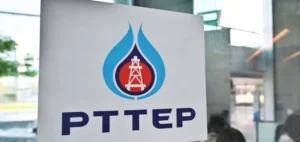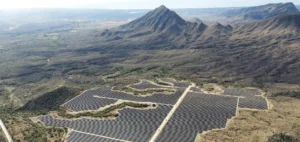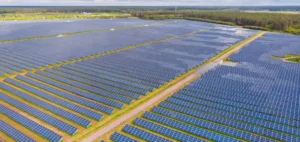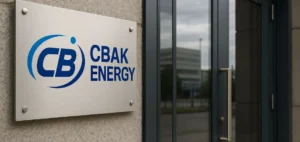Fewer promises, more commitments: investors are increasing their demands at company shareholders’ meetings to improve climate awareness and are achieving some success. As a privileged means of shareholder dialogue, climate resolutions are developing and are not limited to banks or oil companies.
This year in the U.S., more than 120 climate resolutions have been filed by shareholders, twice as many as two years ago, confirming the 2022 momentum, according to a preliminary count by shareholder advisory organization Proxy Preview. “The demands of shareholders are clear: they want relevant data because they’re long past the time when promises are acceptable,” Michael Passoff, head of Proxy Preview, explained during a presentation.
In addition to data on carbon emissions, the fight against deforestation and better measurement of methane emissions were also on the agenda. In the best of cases, these resolutions pass and lead to real change in the company, such as at ExxonMobil, where investment firm Engine No. 1 secured the appointment of three new board members in 2021, in hopes of seeing a change in the trajectory of the American oil giant.
“In the United States, in fact, shareholder democracy is completely taken for granted”, unlike in Europe where the rules for filing a resolution are more complex, underlines Sophie Vermeille, a lawyer who works with investor associations wishing to file resolutions.
Resolutions taken up
The views of investors in Europe carry less weight, and they struggle to get more than 50% of votes in favor because their resolutions are often “perceived as aggressive and therefore challenged” by executives, observes Bénédicte Hautefort, co-founder of fintech Scalens. This does not prevent these initiatives from having positive impacts. “Climate resolutions, even through their filing, are enough to send a signal to companies to raise their ambitions,” confirms Lucie Pinson of the NGO Reclaim Finance.
At Engie, for example, Chairman Jean-Pierre Clamadieu promised to take into account the significant support (24% of the votes) for a consultative resolution from its shareholders in the “reflections (of the Board of Directors, editor’s note) on how to continue the dialogue on these climate issues.
Another example is Carrefour, which “took up word for word” the resolution submitted by Sycomore and other investors requesting details on the means implemented to achieve its emissions reduction targets, particularly indirect ones, says Bertille Knuckey, head of engagement at Sycomore AM.
The shareholder proposal will therefore be submitted to a vote of the shareholders on May 26, as a resolution brought by Carrefour, which is thus calling for a vote in favor. Some of these are not presented to the general meeting because the company takes measures beforehand that are deemed sufficient by the shareholders. Farm equipment manufacturer John Deere has reached agreement on publishing a transition plan, as has Morgan Stanley Bank to describe how it intends to align its operations with its 2030 sectoral greenhouse gas emission reduction goals.
Will this confrontation between shareholders and managers go so far as to trigger a real change at the top of companies? “The climate issue is certainly on the rise, but I’m not sure that companies would not have taken it up without shareholder resolutions,” says Bénédicte Hautefort. In all cases, companies “are being pushed to adjust their copy”, Bertille Knuckey points out, whether they already have a climate strategy or not, and whether they propose to shareholders to vote on this strategy or not.





















